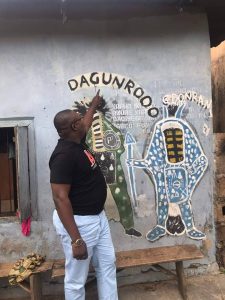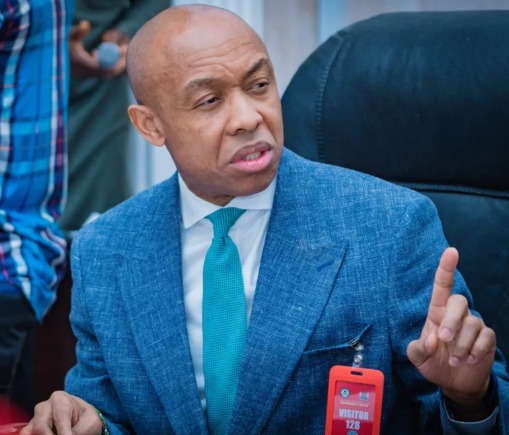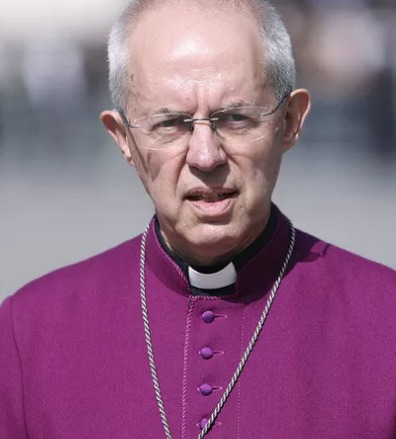Egungun, also known as masquerades, is a vibrant and significant aspect of Yoruba spirituality and culture. It is a spiritual awakening and celebration that revolves around the veneration of ancestors. The word “Egungun” translates to “powers concealed” or “hidden powers” in Yoruba, and it refers to the spirits of the departed ancestors who are believed to return to the earthly realm during certain festivals.
The Egungun festival typically begins with rituals and preparations, including offerings and prayers to invoke the presence of the ancestral spirits. Once the masqueraders are ready, they come out into the community or designated festival grounds to perform dances and rituals. The dances are often energetic and accompanied by drumming, singing, and chanting.
The festival is celebrated in various Yoruba communities, such places are Oyo, Ibadan, Abeokuta, Osogbo, Akure and many more in Nigeria, which has spread to other parts of the world where the Yoruba diaspora exists. The festival usually takes place once a year or once in a few years, depending on the community and its traditions
I had witnessed and participated in the Egungun festival of many towns and cities, I can remember vividly some names of the Egungun in Ibadan such as Owolewa, Dakeja, Oyi laluba, Alapansapa, Atipako, Obebe and many more,
During the Egungun festival, masked performers, known as Egungun or masqueraders, dress in elaborate costumes that are intricately designed with colorful fabrics, beads, and other adornments. The masks and costumes are meant to embody the spirits of the ancestors. The masqueraders often wear layers of flowing fabric that completely conceal their identity, further emphasising the notion that they are vessels for the spirits. These costumes are often made with vibrant colors, intricate designs, and symbolic elements that are specific to each lineage or family

The Egungun masqueraders dance and move through the community, often accompanied by drummers and other musicians. They perform intricate steps, rhythmic movements, and energetic dances, creating a lively and mesmerising atmosphere. The music and dancing are believed to invoke the spirits of the ancestors, allowing them to communicate with the living and bless the community.
The celebration of Egungubn brings people together to witness the Egungun performances and pay homage to their ancestors. It is a time for reflection, remembrance, and reconnecting with one’s roots. The Egungun festival reinforces the importance of the ancestral lineage and the belief that the spirits of the ancestors continue to play a vital role in the lives of the living. This festival also brings communal gatherings and celebrations, bringing together families, friends, and community members, and provides an opportunity for people to reconnect with their ancestral roots, express their cultural identity, and reinforce social cohesion.
In addition to the festivities, the Egungun festival often involves rituals, prayers, and offerings. These rituals are performed to honor and appease the ancestors, seeking their guidance, protection, and blessings for the community. Offerings such as food, drinks, and other items are made at designated shrines or sacred spaces.
It’s worth noting that the specific practices, customs, and significance of the Egungun festival may vary among different regions and communities. The festival is deeply rooted in the cultural and religious traditions of the Yoruba people, and it continues to be celebrated with great enthusiasm and reverence in many places today.
The spiritual awakening and celebration of Egungun are deeply rooted in Yoruba cosmology and the belief in the religious practice in certain African societies, particularly among the Yoruba people of Nigeria and the Benin Republic. Egungun represents the ancestral spirits, and the festival serves as a way to honor and communicate with these ancestors.




